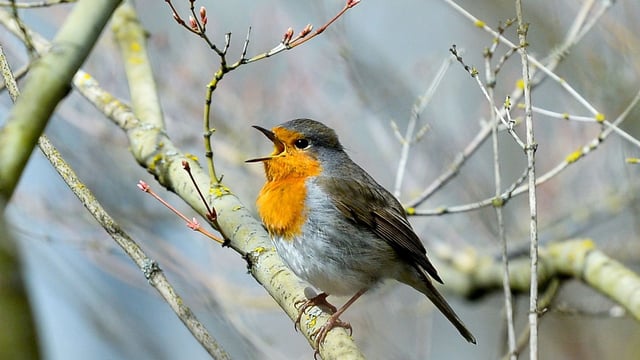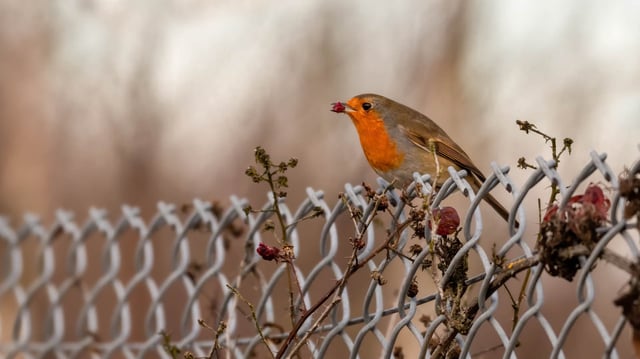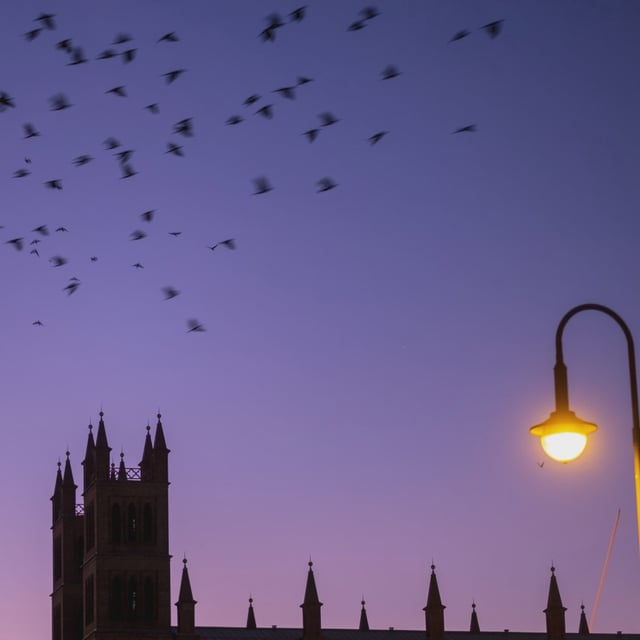Overview
- In the brightest landscapes, birds began singing about 18 minutes earlier and finished roughly 32 minutes later than in the darkest areas.
- The study analyzed morning and evening observations from 2023–2024 covering 583 diurnal species across regions and seasons.
- Responses were strongest in species with large eyes, open nests, migratory behavior and wide ranges, with heightened sensitivity during the breeding season.
- Researchers Brent Pease and Neil Gilbert report a robust global association but say fitness consequences remain unclear and warrant further study.
- Findings highlight light pollution as a widespread ecological pressure, with urban illumination from streetlights and advertising increasing exposure for many birds.


